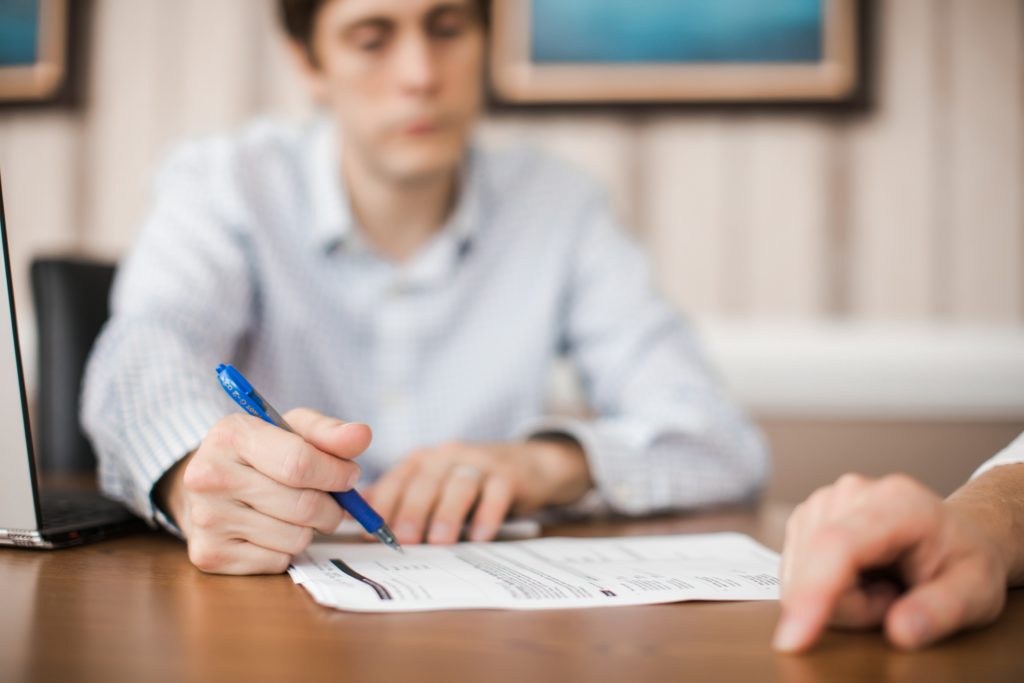Chapter 13 Bankruptcy
Reorganize Your Debts
Chapter 13 Bankruptcy
Reorganize Your Debts

What is Chapter 13 Bankruptcy?
Are you behind on your house or car payments, but just need some time to catch up? Are you overburdened with debt but you make too much to file a Chapter 7 bankruptcy? Then a Chapter 13 bankruptcy may offer a path to debt relief. A Chapter 13 bankruptcy plan is a way to catch up on past-due payments and reduce the amount of your unsecured debt. Over the course of three to five years, you will pay back your unsecured debts based on what you can afford. Plus, unlike a Chapter 7 bankruptcy, you can keep property that you would otherwise be unable to exempt.
Chapter 13 Can Help You:
- File bankruptcy if Chapter 7 bankruptcy is not an option
- Stop foreclosures
- Stop repossessions
- Catch up on back taxes
- Defer student loan payments
- Get out of debt
How does Chapter 13 bankruptcy work?
During your initial consultation, we will review your bankruptcy options. If Chapter 7 is not a good option, we will look at a Chapter 13 bankruptcy. A Chapter 13 bankruptcy is a repayment plan that usually last three to five years. During that time, you are required to repay your unsecured creditors (credit cards, personal loans, medical bills, etc.) what you can afford after you pay your secured creditors (your mortgage or car loans) and prioritized debts like some taxes, child support, and alimony.
In order to qualify for Chapter 13 bankruptcy, you must have regular income. This could be from your job, retirement income, but it could also be from any regular money you receive each month, like child support or contributions from another household member.
While the amount you repay your creditors in a Chapter 13 bankruptcy is based on your income and expenses, some debts like mortgage arrears and recent taxes must be paid in full over the length of your case.
If Chapter 13 bankruptcy is the right choice for you, once you hire the firm we will collect the necessary information and documents to file a petition with the bankruptcy court. When we file the petition, we will also file a plan that proposes how you will repay your creditors over the life of your case.
Once your case is filed:
Once your case is filed, the automatic stay is in effect unless you have filed bankruptcy recently. Even if you have filed recently, there is usually an exception that applies to your benefit. The automatic stay is an injunction that stops all foreclosures, repossessions, and lawsuits. The automatic stay will last for the duration of your case, unless a creditor can show a limited exception.
